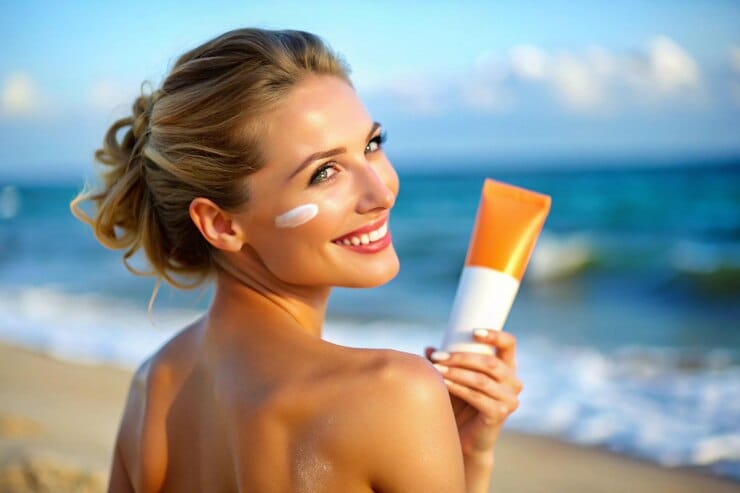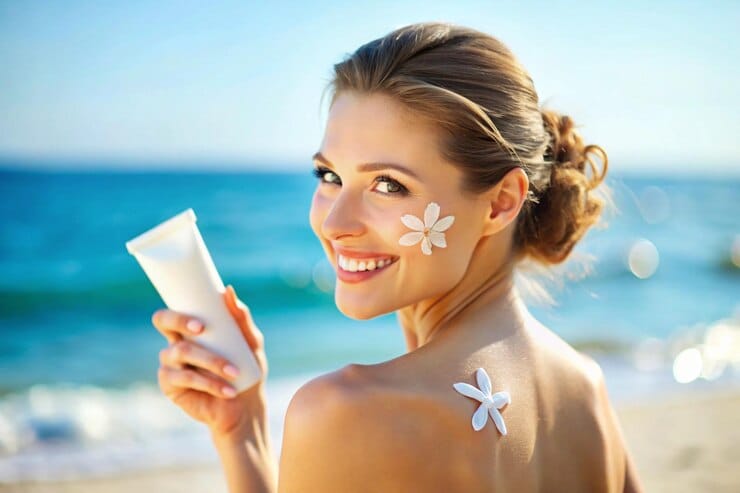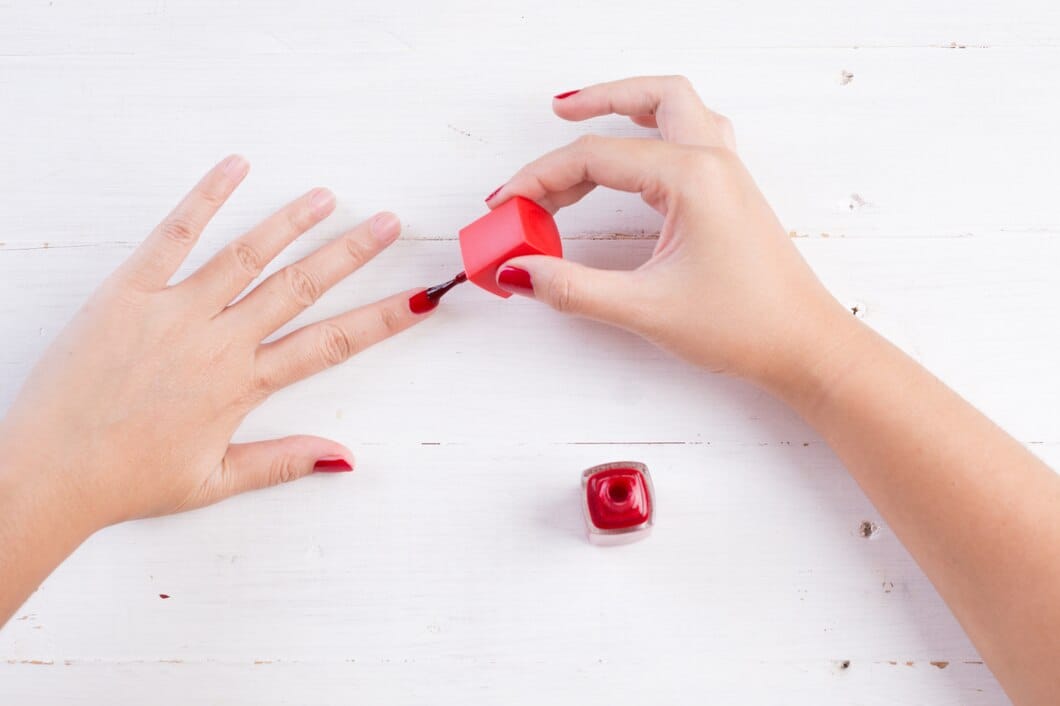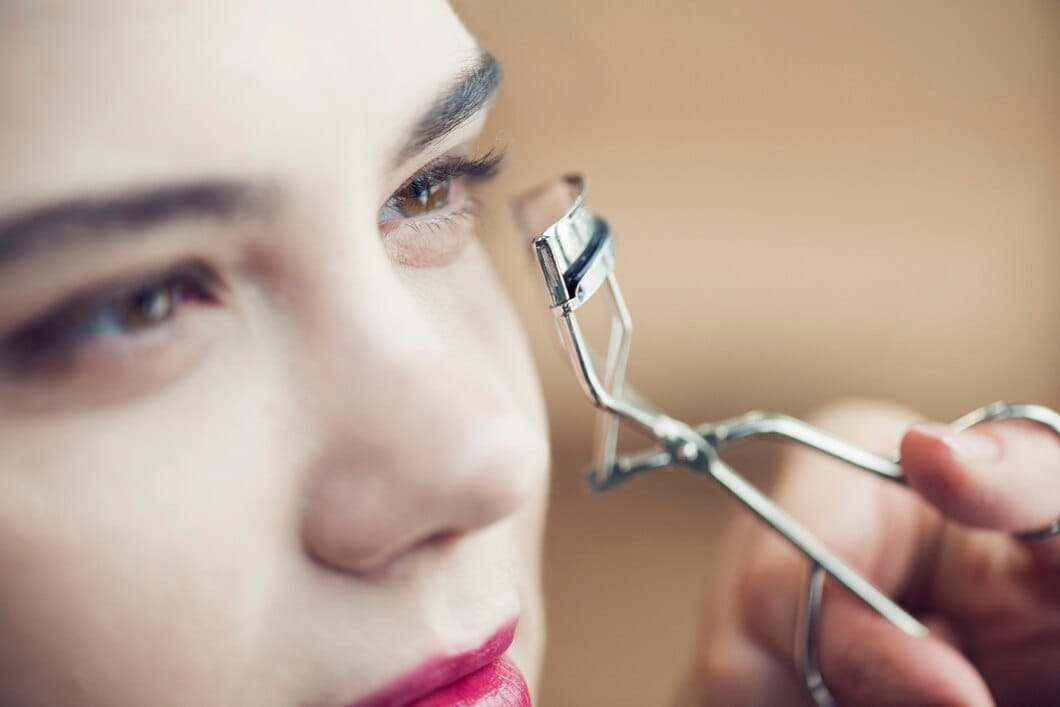The prospect of spending a day at the beach usually brings lots of excitement, leisure, and an opportunity to escape the daily hustle and bustle. However, in order to make the most of your time looking at the sea, beach safety is imperative. Spare a few hours or think of an all-day excursion; equipping yourself with the right items will avoid any possible danger to you and everyone around you. Accordingly, this report will cover the essentials you need for beach safety, for example, sunscreen and emergency contacts, so that you can enjoy the beach without any cause for worry.
Why Beach Safety is Crucial

The beach, however, may look like an ideal place to unwind but has its fair share of dangers. Inadequate water conditions, extreme heat from the sun, and even physical threats such as pointed rocks and creepy sea creatures can easily ruin a perfect sunny day. Knowing how to use certain equipment and having knowledge of water activities can help in dealing with sunburns, dehydration, and even accidents during swimming. There is more to beach safety than avoiding accidents; most importantly, it is about taking full advantage of the opportunity presented while taking precautionary measures to limit dangers.
Sunscreen: The Primary Protection Mechanism
Space filtering in space is achieved by sunlight and its different parts when luminous rays are most beneficial to our body, but ultraviolet (UV) rays are certain types of sunlight that are harmful to the skin. Skin care has many social and economic as well as psychological dimensions, but at the end of it all, the first line of defense employs the use of sunscreens in order to address issues arising from excessive sunlight exposure, such as sunburns, advanced skin damage, and even skin cancer. The advised sunscreen protective factor of a broad spectrum such as this one is expected to have an SPF of about 30 and is advised to last up to reapply every two hours unless otherwise before undertaking swims. Also, do not forget to apply on the commonly neglected areas such as the ears, the feet, and the back of the neck. Therefore, while basking at the beach under the hot sun, it is advisable to apply a block-out cream so as to prevent skin damage, as the cream also allows one to spend extended hours at the beach without the risk of the heat from the sun.
Water Intake: Keeping Composed in the Heat
When indulging in any outdoor activities under the heat of the sun, maintaining the right intake of water is very critical. Excessive sweating can cause loss of water from the body in a very short span of time, especially if one is involved in beach or swimming activities. It is good to bring sufficient water and avoid things like soft drinks and alcohol that only make dehydration worse. It is recommended to carry a double-walled plastic vacuum flask with suitable insulation to enhance hydration and prevent wastage of water over the day.
Beach Umbrellas and Shade Options
Making your very own shade is one of the best ways to minimize sun exposure. While beach umbrellas, pop-up tents, or canopies will provide some comfort in rest and coolness to the public. These shade options help alleviate the chances of heat stroke and act as a shelter for toddlers or anyone taking respite from the heat.
Water Safety

While swimming in the ocean, being cautious is a tenet that requires practice. Swim only in marked areas with the supervision of lifeguards, and heed all safety warnings on signs. Observe currents and tides, even if they do not pose a risk, and swim as a group. The ocean is full of surprises, and even strong swimmers are at risk. More so, consider using a life vest for those who are not too good at swimming, especially rest in the deep end.
First-Aid Essentials for the Beach
Having a full first-aid kit is important when it comes to spending time at the beach. Essentials like bandages, antiseptic pads, and over-the-counter medication for common minor injuries are recommended. Sunburn could also be received, so aloe vera gel will be useful to treat it as well as tweezers to take out a splinter or a few sea urchin spines. This is why it is important to always carry a first aid kit, as it makes one ready in case of small emergency hazards that can occur.
Eco-Friendly Beach Essentials
Enjoying oneself on the beach is one fun activity, but at the same time, one should be concerned with the environment. Introduce non-toxic products such as reef-friendly sunblocks, glass water containers, and fabric beach carriers. Do not use disposable plastic bags, and ensure you leave your section before janitors arrive to keep the beach’s beauty intact for the next people.
Packing Smart: Other Beach Essentials
Apart from sunscreen and water, a few other helpful things to carry are a beach mat, water-resistant mobile cover, and some food items. A portable cooler will ensure that your food and drinks remain chilled, while a waterproof pouch will shield your items from sand and water. Having these small but important provisions in place prior to the trip can enhance your enjoyment of the beach.
Stay Connected: Emergency Contacts and Communication

Sitting on the beach sounds great, but let’s plan in advance for possible scenarios just in case. Remember to charge your mobile phone, and bring a power bank if you have one. Include the local lifeguard’s number and emergency services in your contact list. I would also recommend selecting a particular location to meet in case someone happens to be separated from the group.
Conclusion
Keeping safe at the beach entails a range of factors, such as preparing and being alert. When one has the right items—such as sunscreen, clothing that offers protection, or even a first-aid kit—they can stay at the beach with ease. Last but not least, a little foresight goes a long way in helping you and your loved ones enjoy the beaches safely and without any stress. Therefore, think ahead, keep drinking fluids, and enjoy all the time you can by the sea.
FAQs
What other protective items should I bring to the beach?
Some of the items that you should pack for the beach besides sunscreen are hats, sunglasses, and UV shirts to give water, a beach shade, and a first aid kit.
How can I stay hydrated and cool at the beach?
Drink lots of water on a regular basis, wear sunblock, and take a large insulated plastic water bottle packed to avoid the temptation of drinking soft drinks or alcohol.







